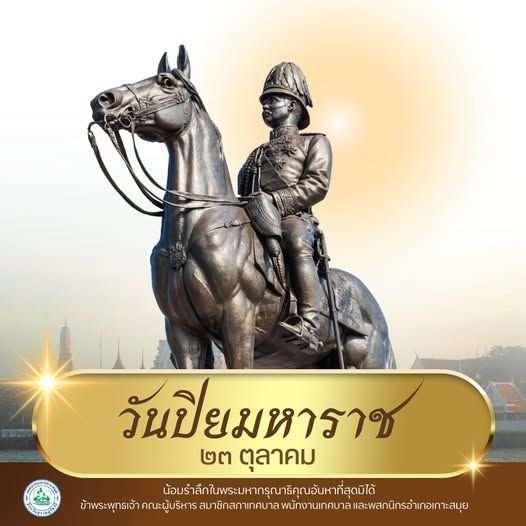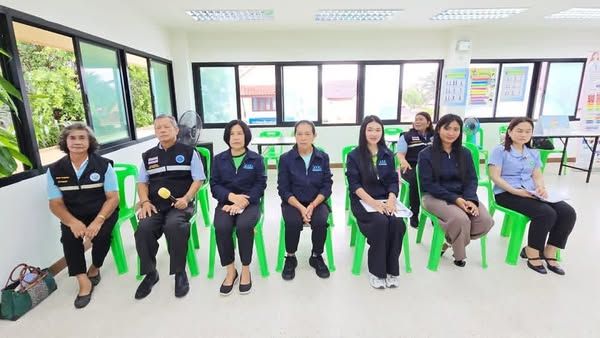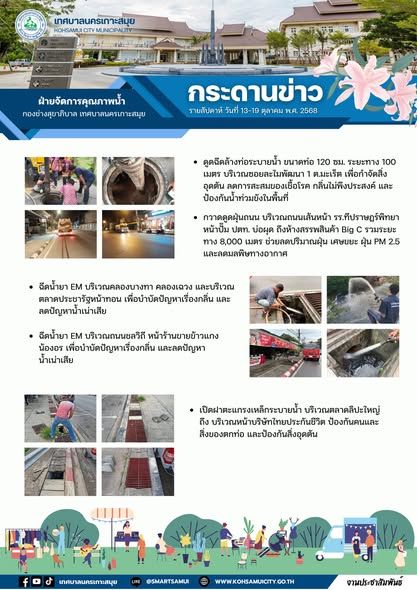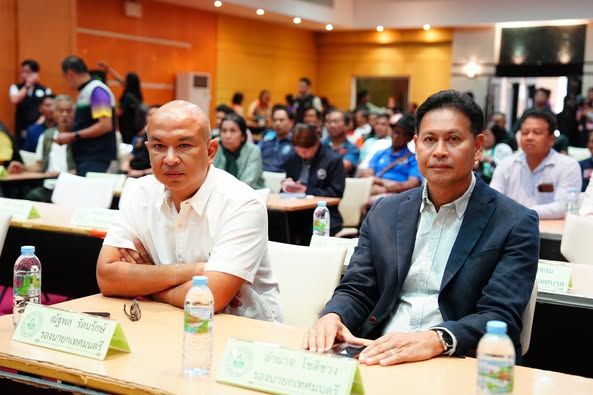Today, October 23rd, Thailand celebrates Chulalongkorn Day, honoring King Rama V, who abolished slavery and modernized the nation. His legacy of preserving independence and profoundly shaping the country continues to be remembered and revered.
ChulalongkornDay #KingRamaV #ThailandHistory #ThaiCulture #Bangkok #TravelThailand #Siam #RoyalHistory #PhraPiyaMaharaj #ThailandTravel #CulturalHeritage #HistoryBuff #ExploreThailand #AsianHistory #Monarchy #Tradition
The Significance of Chulalongkorn Day
Chulalongkorn Day is observed every year on October 23 in Thailand. It commemorates the passing of His Majesty King Chulalongkorn (Rama V), one of the most revered monarchs in Thai history. The day has been declared a national important day in recognition of his profound impact on the country.
King Chulalongkorn: The Beloved Monarch
King Chulalongkorn ascended the throne in 1868 and reigned until 1910. He is lovingly remembered by the Thai people as “Phra Piya Maharaj,” which translates to “the beloved great king of the people.” His reign marked a transformative era of modernization, reform, and compassion toward his subjects. His leadership style was characterized by benevolence, progressive policies, and a genuine concern for the welfare of his people.
Key Reforms and Achievements
Abolition of Slavery
One of King Chulalongkorn’s most significant achievements was the abolition of slavery in Thailand. Through a gradual and peaceful process, he ensured that all Thai people were granted freedom, laying the foundation for a more equitable society.
Modernization of the Kingdom
King Chulalongkorn is credited with introducing widespread modernization across various sectors. He initiated reforms in government administration, education, the legal system, and the military. His efforts helped integrate Western ideas and technology, steering Thailand toward progress while maintaining its sovereignty.
Preservation of Thai Independence
During his reign, King Chulalongkorn navigated the challenges of Western colonial expansion in Southeast Asia. Through diplomatic skill and strategic reforms, he managed to preserve Thailand’s independence, making it the only nation in the region that was never colonized.
National Observance and Traditions
On Chulalongkorn Day, government offices, educational institutions, and communities across Thailand hold ceremonies to honor his memory. Wreaths and flowers are laid at statues and portraits of King Rama V, especially at the Equestrian Statue in Bangkok’s Royal Plaza. People reflect on his legacy by organizing public activities, exhibitions, and educational programs.
Legacy and Remembrance
King Chulalongkorn’s legacy endures in modern Thailand, with his contributions celebrated in both rural and urban communities. Landmarks, schools, and even the prestigious Chulalongkorn University bear his name, serving as reminders of his vision and dedication to the nation.
Frequently Asked Questions
Chulalongkorn Day FAQ
What is the significance of Chulalongkorn Day in Thailand?
Chulalongkorn Day, observed every year on October 23rd, commemorates the passing of King Rama V (King Chulalongkorn). It is a national day recognizing his profound impact on Thailand, including the abolition of slavery, modernization of the country, and preservation of Thai independence.
What are some of King Chulalongkorn’s most important reforms and achievements?
King Chulalongkorn abolished slavery through peaceful and gradual reforms, modernized the kingdom by reforming government, education, and the legal system, and introduced Western ideas and technology. His diplomatic skill also ensured that Thailand remained the only Southeast Asian country never to be colonized during the era of Western expansion.
How do people in Thailand observe Chulalongkorn Day?
On Chulalongkorn Day, Thais pay tribute by laying wreaths and flowers at statues of King Rama V, especially at the Equestrian Statue in Bangkok’s Royal Plaza. Ceremonies, exhibitions, and educational programs are held across the nation to honor his memory and reflect on his enduring legacy.




